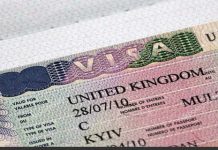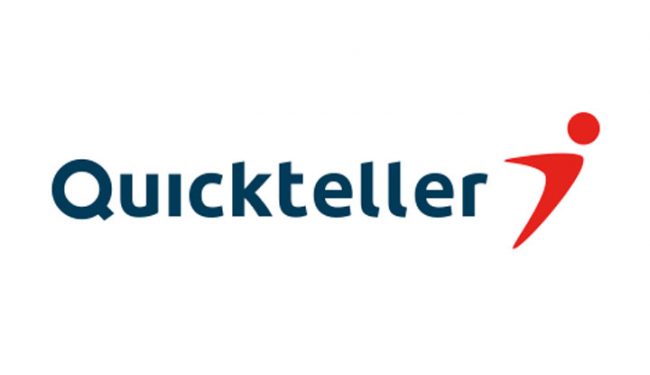Nigerians generally consider themselves smart, quick and intelligent. Very rarely are they swindled, deceived, or conned, especially within their country. However, some who have traveled overseas have often times narrated tales on the shady people who took advantage of them as tourists.
Sure, it is embarrassing for any person from Nigeria to be tricked out of their money, but the truth is that no matter how smart, prepared or careful, anyone can fall for certain travel scams. From getting ridiculously fleeced on cab rides to unknowingly revealing credit card information, Jovago.com, Africa’s No.1 online hotel booking portal shares some of the travel scams Nigerians have fallen for around the world.
The Taxi Scam
There are shady drivers in all parts of the world! Travelling by budget taxi is usually the most convenient and affordable option for people abroad, however, it sets them up for the ‘Taxi Scam’.
The scam can be pulled off in three ways. The cab driver intentionally heading into gridlocked traffic to drive up the price, or they tell you the meter is broken so they can charge you a ridiculously high price; others hack the meter such that it advances faster than normal. Some cab drivers even insist that the traveller pays them in larger bills that way they can give them counterfeit change. The good thing is that this scam can be easily avoided. Ensure you negotiate rates ahead of time, or ask to confirm that the meter is working before you get in the car.
Free, fake wifi hubs
Most people depend on Wifi when abroad to communicate, especially when they are on short trips and do not have the luxury of registering with a phone company or enough credit to make or receive roaming calls. Unfortunately, some scammers abroad use turn the public Wifi access to opportunities where they can gain access to personal information and passwords from the people who connect to it. They create fake Wifi hub or set up unsecured Wifi hotspots in public locations, that way, tourists are tempted to log on, giving the thief access to their passwords, online accounts, and more.
To save yourself from this scam, beware of generic hubs or Free Wifi in public places. Also, if you must have access in public, ask the hotel/coffee shop/airport staff to know which Wifi connection is the official one.
“Sir, you’ve got gunk on your shirt”
This scam is very popular in some parts of Europe and South America. Unknown to the traveller, a person puts or throws something, such as mustard or ketchup…even human or animal feces on a person’s body then pretends to be a friendly stranger or local who want to assist him with wiping it off. Usually, the tourist plays nice and lets the stranger assist him, but as the stranger cleans up the mess, he makes away with something valuable like your wristwatch or your wallet from your pocket or purse. It happens so fast that the tourist does not know, especially as he is unsuspecting. The best way to avoid this scam is to be on alert and never allow someone to help you clean up any mess on your body. Find a bathroom and clean the gunk off yourself or wear it with pride…it could be part of the adventure!
Fake police officer scam
Nigerians are very careful not to get the in the way of the law or cause any legal trouble whenever they are abroad, as such, they are very cooperative when accosted by the law. Unfortunately, in most countries abroad, certain con men pull the fake police officer scam on the regular. The scam is usually pulled off by a group. A person approaches the Nigerian tourist and offers illicit items, like drugs, and while they are having the conversation, one or two other people will approach, appearing to be police officers. They flash fake badges and insist the unsuspecting traveler hand over their passport and wallet, which they eventually make away with.
Word of caution: never hand over your wallet or passport to anyone until they have shown you proper identification and then call the police to confirm they are who they say they are. Also, you can save yourself the stress by claiming you do not have your wallet or ID with you and ask them to follow you to your hotel.


















4 Travel Scams Nigerians Fall For Abroad: Nigerians generally consider themselves smart, quick and intelligent… https://t.co/NRYwA90QiP
NEW POST: 4 #Travel Scams Nigerians Fall For Abroad https://t.co/7frNlfdw4t https://t.co/8bs1fvdPQX